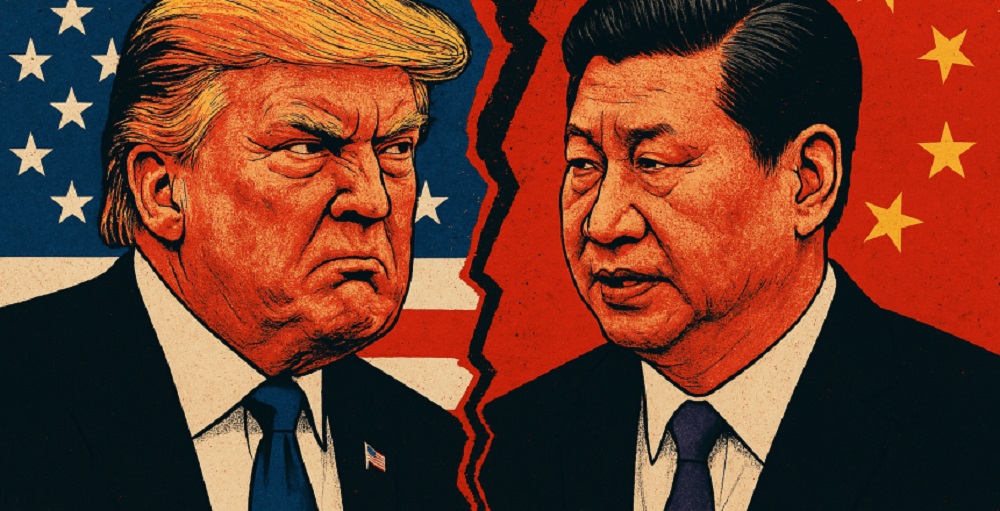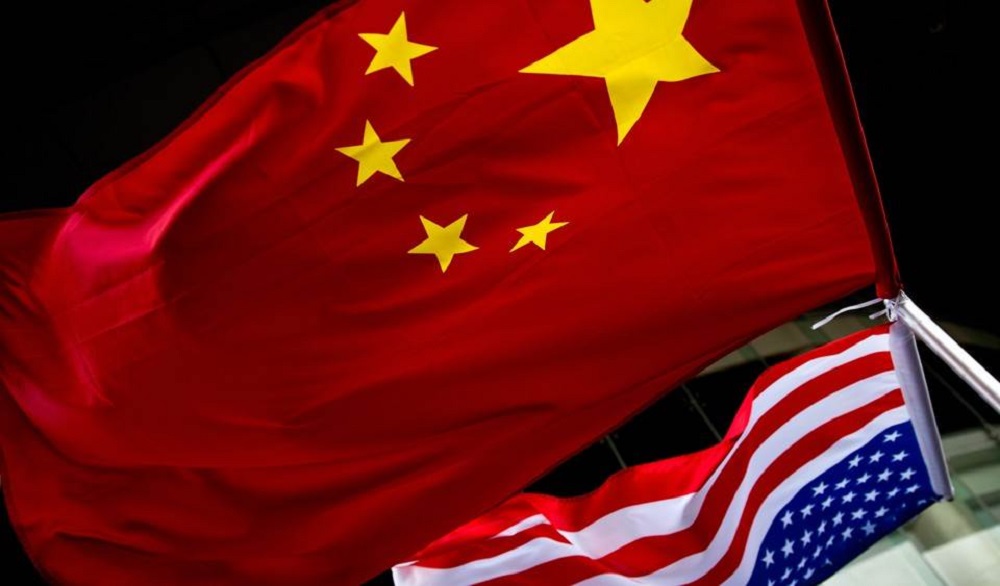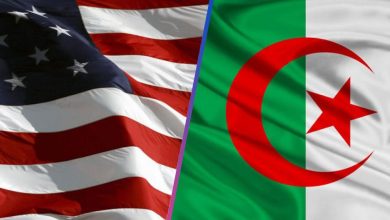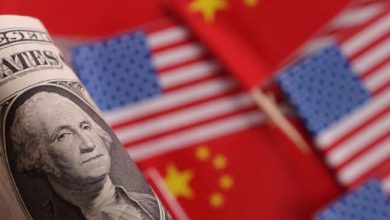China Urges Equal Dialogue with US Amid Rising Tensions and Trade Tariffs
Global Times Highlights Need for Genuine Understanding and Equal Negotiations to Resolve Sino-American Crisis

Watan-China has expressed openness to dialogue with the United States amid escalating tensions between the two countries, with mutual tariffs reaching their maximum limits. The paper noted that “in international relations, one cannot always rely on illusory power to solve problems; countries need genuine understanding and equal dialogue to find common ground.”
The editorial, published on Monday, pointed out that “the key to resolving the crisis in Sino-American relations lies in the process of globalization itself. The two great powers are already deeply intertwined, and forced separation will only drain both sides endlessly.” It added that “the only way forward is equal dialogue,” emphasizing that “mutual respect is not a diplomatic slogan but a fundamental survival rule that both countries must adhere to.”
The editorial stressed that “real China is neither mysterious nor threatening, and certainly not bound by a script written by others. What is needed is the removal of ideological filters from some American politicians and to see China for what it truly is.”

The newspaper also noted that “for decades, the United States has treated other countries from a position of strength, whether dealing with allies or competitors. It has always preferred to measure others according to its own rules, hiding its power behind a veil of values, and using sanctions as a cover for the lack of real equality in negotiations.” It pointed out that “this dominance impasse has gradually made it difficult for Washington to see the world clearly and accurately.”
The editorial added: “Amid all the news coming from Washington about Sino-American relations, the impression grows that some politicians in the U.S. are still living in a fantasy world of hegemony. They constantly talk about power and influence but selectively ignore real shifts in the global balance.”
It is misguided to understand Sino-American relations in the 21st century through the lens of 19th-century Western power competition, as this approach is bound to fail. Washington’s strategy toward China reveals a psychological contradiction about power. On one hand, the U.S. continues to wield power aggressively, while on the other, it insists that its strength is no longer what it once was and needs to be “great again.”

As a result, Washington is now deeply concerned about the decline of its hegemony. It’s like a basketball player insisting on playing both the referee and the competitor at the same time. But as the game increasingly tilts against its interests, Washington has stopped trying to defend the rules and instead rushes to grab the ball.”
The paper added that “the future of Sino-American relations does not depend on Washington’s ability to maintain the position of the ‘big brother,’ but on its ability to learn from this ancient civilization that has reshaped globalization over the past 40 years on equal terms.” It concluded by stating that “China’s stance toward the U.S. has now become completely clear, marked by the drawing of red lines and setting of rules. If the U.S. fails to adjust its mindset and continues to treat China from a position of power, attempting to impose its will through force, the tensions in Sino-American relations will deepen further.”






